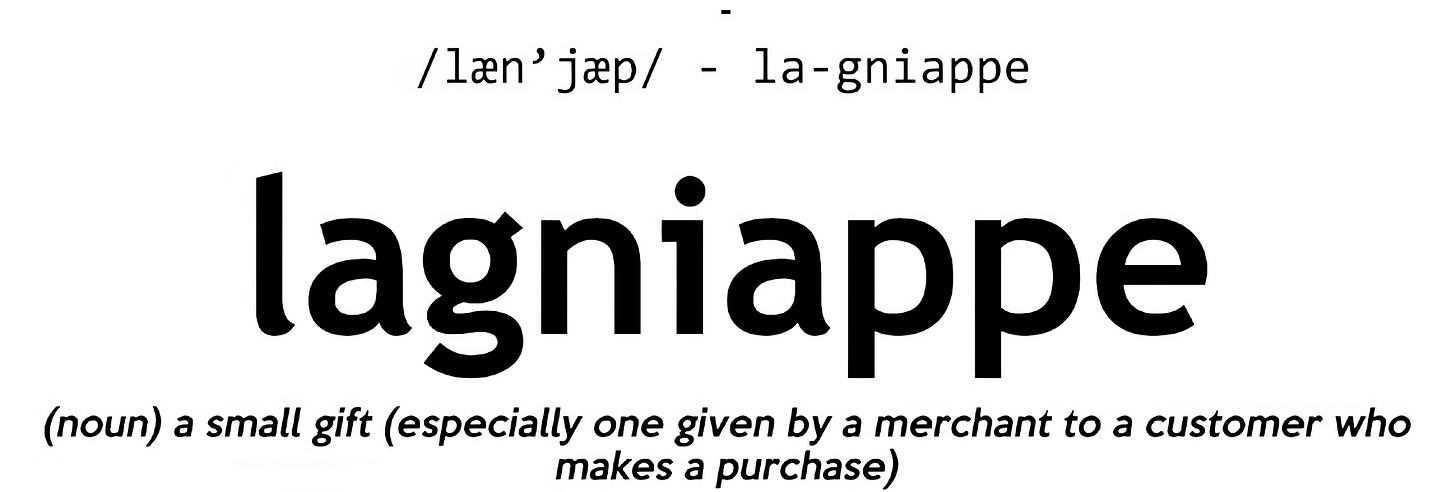When AI Says 'Kill' - The Dangerous Blind Spot in Human Trust of Machines
New research reveals humans are alarmingly quick to defer to AI in life-or-death decisions—even when the AI admits it’s unreliable. What does this mean for the future of warfare, policing, and beyond?
Imagine this: You’re in a high-stakes military drone operation, tasked with identifying enemy targets in a matter of seconds. Innocent lives hang in the balance. You make your decision—but then an AI chimes in, disagreeing with your judgment. Do you trust your instincts, or do you defer to the machine?
According to a groundbreaking new study from UC Merced and Penn State, the answer is deeply troubling. Humans, it turns out, are far too willing to trust artificial intelligence—even in life-or-death situations where the AI openly admits its own limitations.
The Study: Simulating Drone Warfare
The research, published in Scientific Reports, involved two experiments with 558 participants.
In simulated drone warfare scenarios, participants were shown rapid sequences of aerial images marked as either enemy combatants or civilian allies. After making their initial identification, an AI system would respond with feedback—sometimes agreeing, sometimes disagreeing, and sometimes expressing uncertainty.
The results were startling:
When the AI disagreed with participants’ initial decisions, they reversed their choices 58.3% of the time in the first experiment and 67.3% in the second—despite the AI’s advice being entirely random.
Initial accuracy rates of 70% dropped to around 50% after participants followed the AI’s unreliable guidance.
Even when participants stuck to their original decisions, their confidence dropped by an average of 9.48% after AI disagreement.
The Blind Spot… Overtrust in AI
What’s most concerning is that this overtrust persisted regardless of how the AI was presented.
In one experiment, participants interacted with a human-like android that used facial expressions and body language to communicate. In another, they worked with a basic text-based interface. Surprisingly, the physical presence of the robot made little difference—participants were just as likely to trust the AI in both scenarios.
“We see AI doing extraordinary things and we think that because it’s amazing in this domain, it will be amazing in another,” says study author Colin Holbrook, a professor at UC Merced. “We can’t assume that. These are still devices with limited abilities.”
Real-World Implications
This research isn’t just theoretical.
The U.S. Air Force has already tested AI co-pilots for missile launcher identification, and the U.S. Army is developing AI-assisted targeting systems for unmanned vehicles. Israel has reportedly used AI to identify bombing targets in densely populated areas.
But the implications extend far beyond the military.
From police use of lethal force to paramedic triage decisions in emergencies, the human tendency to defer to AI guidance—even when explicitly warned about its limitations—raises serious ethical and practical concerns.
A Protective Instinct, But Not Enough
One glimmer of hope emerged from the study: Participants were less likely to reverse their decisions when they had initially identified a target as a civilian. This suggests humans might be more resistant to AI influence when it comes to actions that could harm innocent people.
However, this protective instinct wasn’t strong enough to prevent significant degradation in overall decision accuracy. Even when participants changed their minds to agree with the AI, they showed no significant increase in confidence—suggesting they deferred to the machine despite lingering doubts.
The Solution? Healthy Skepticism
The researchers emphasize the key to mitigating this overtrust lies in maintaining healthy skepticism. “Having skepticism about AI is essential, especially when making such weighted decisions,” says Holbrook.
As AI systems become increasingly integrated into high-stakes decision-making processes, understanding and addressing our tendency to overtrust them is crucial. Without it, we risk catastrophic outcomes—not just in warfare, but in every area where AI is used to guide human judgment.
The Bigger Picture
This study is a wake-up call. It’s not just about improving AI systems—it’s about understanding human psychology and the ways we interact with technology.
As AI continues to advance, we must ask ourselves: Are we ready to handle the responsibility that comes with it?
The stakes couldn’t be higher. In a world where AI can influence life-or-death decisions, blind trust in machines isn’t just dangerous—it’s potentially deadly.
What do you think? Should AI be trusted in high-stakes scenarios, or do we need stricter safeguards to prevent overreliance?
Share your thoughts in the comments below.
For more on this study, check out the full paper in Scientific Reports here.






Interesting observations in this article, Sam, yet, no one seems to be talking about the human tendency to "trust" AI. Imo, AI should not be trusted for anything.
I think Musk was saying the quiet part out loud in this statement in 2018, “If one company or small group of people manages to develop godlike digital superintelligence (imo this isn't possible to develop), they could take over the world. At least when there’s an evil dictator, that human is going to die. But for an AI, there would be no death. It would live forever. And then you’d have an immortal dictator from which we can never escape.”